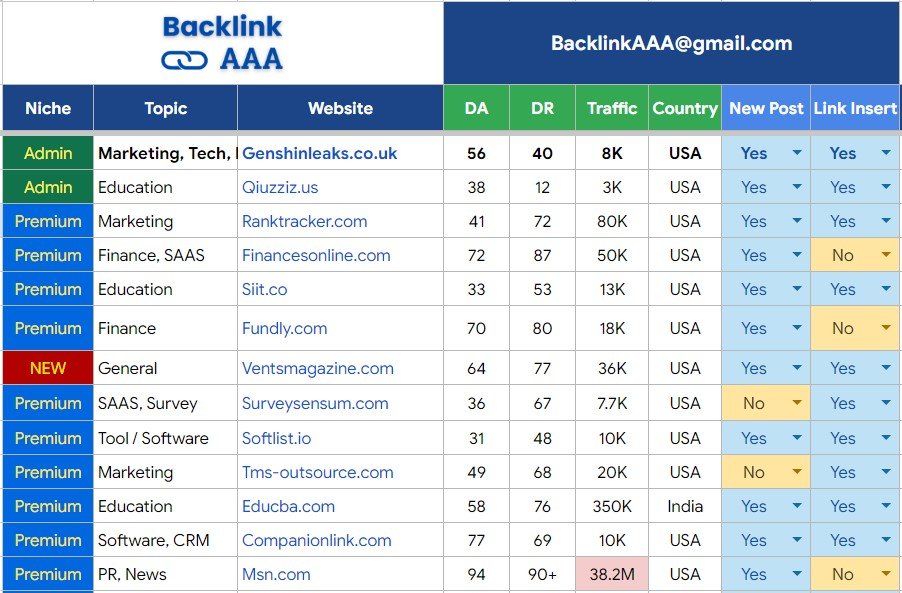Have you ever wondered who controls Bitcoin, the renowned digital currency that has taken the world by storm? This article examines the intricate web of control within Bitcoin’s software ecosystem.
From the key players to the governance structure around crypto exchange platforms, you’ll understand the direction and development of the world’s most famous cryptocurrency. Learn about the evolving Bitcoin network today, and see how crypto can work for your needs.

The Foundation of Bitcoin Software
At the heart of Bitcoin’s revolutionary design is its commitment to open-source software and decentralization. Unlike traditional currencies controlled by central banks, Bitcoin’s code is freely available for inspection and modification by anyone.
Core developers, a group of skilled programmers scattered across the globe, contribute to the maintenance and enhancement of Bitcoin’s software. These developers collaborate to propose changes, fix bugs, and validate transactions on the network.
Miners in Bitcoin’s ecosystem process transactions and secure the network by mining. They use powerful computers to solve complex mathematical puzzles, adding new blocks to the blockchain and earning rewards in the form of newly minted Bitcoins.
This distributed network of miners ensures the integrity and reliability of Bitcoin’s transactions. It operates without a centralized authority.
The Question of Governance
One of Bitcoin’s most intriguing aspects is its governance model — or rather, its lack thereof. Unlike traditional organizations with hierarchical structures, Bitcoin operates without a central authority to make decisions or enforce rules.
Instead, the Bitcoin community relies on a consensus-based approach to manage the protocol through a system of Bitcoin Improvement Proposals (BIPs). BIPs are formal proposals for making changes and improvements to the Bitcoin protocol.
These proposals are discussed and debated by developers, miners, and users, with broad support needed to implement any significant updates. Through this decentralized decision-making process, the Bitcoin network evolves in a transparent and inclusive manner, reflecting the diverse opinions and interests of its participants.
Forks and New Rules
Bitcoin’s history is marked by occasional disputes within the community that result in a phenomenon known as a fork. A fork occurs when a significant portion of the network adopts a new set of rules, leading to the creation of a separate blockchain and, in some cases, a new cryptocurrency.
Two prominent forks in Bitcoin’s history include Bitcoin Cash and Bitcoin SV, both born out of disagreements over the scaling and direction of the original Bitcoin network. These forks highlight the challenges of governance in a decentralized system and the complexities of balancing innovation with consensus within the Bitcoin community.
Who Holds the Reigns: Core Developers vs. Miners
Despite the collaborative nature of Bitcoin’s development, tensions can arise between core developers and miners regarding the direction of the protocol. Core developers focus on enhancing the efficiency and security of the network, implementing technical improvements through code updates.
On the other hand, miners are driven by economic incentives, prioritizing transaction processing speed and block rewards. The power dynamics between core developers and miners reveal the delicate balance of interests within the Bitcoin ecosystem.
While core developers contribute to the long-term sustainability of Bitcoin’s software, miners are essential for maintaining the network’s operational integrity. Ultimately, the combined efforts of these key stakeholders shape the evolution of Bitcoin’s software and determine its path forward in the ever-changing landscape of digital currencies.
The Emergence of Altcoins and Their Implications
As Bitcoin’s popularity grew, a range of alternative cryptocurrencies, known as altcoins, emerged to offer varying features and functionality. Altcoins like Ethereum, Litecoin, and Ripple introduced innovative concepts such as smart contracts, faster transaction speeds, and alternative consensus mechanisms.
The presence of altcoins presents both opportunities and challenges for the cryptocurrency ecosystem. Competition from altcoins promotes innovation and drives improvements in existing technologies. However, the proliferation of altcoins can fragment the market and dilute the focus on Bitcoin as the flagship cryptocurrency.
Transparency vs. Centralization
One of the fundamental debates in the cryptocurrency space revolves around the balance between transparency and centralization. While Bitcoin prides itself on its decentralized nature and open-source philosophy, concerns persist regarding the concentration of power among key stakeholders such as core developers, miners, and exchanges.
Balancing transparency, essential for trust and security, against centralization’s potential for vulnerabilities and control challenges poses a persistent dilemma for the cryptocurrency community. The ongoing challenge lies in navigating the delicate equilibrium between transparency and centralization to maintain the integrity of the digital currency ecosystem.
Controlling Bitcoin’s Software
The question of who controls Bitcoin’s software involves a complex web of decentralized governance, diverse stakeholders, and evolving market forces.
While core developers and miners hold significant sway over the network, the emergence of altcoins and ongoing debates over transparency and centralization all shape the trajectory of Bitcoin’s development. Ultimately, Exploring Bitcoin’s ecosystem provides valuable insights into the decentralized future of money and the transformative potential of blockchain technology.





